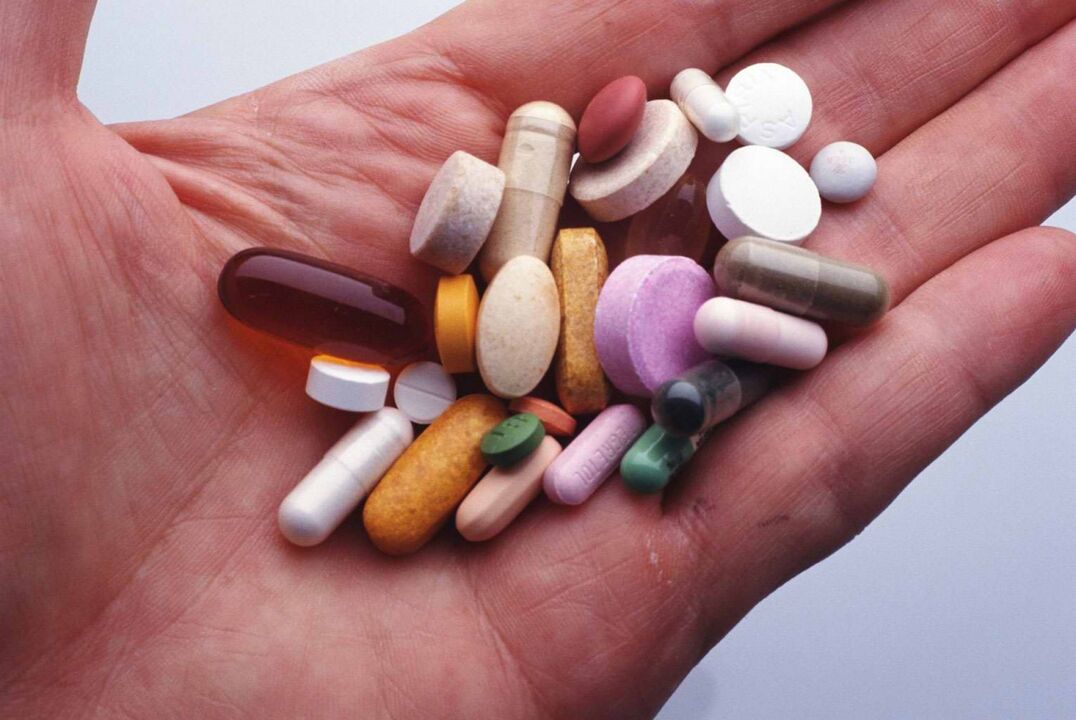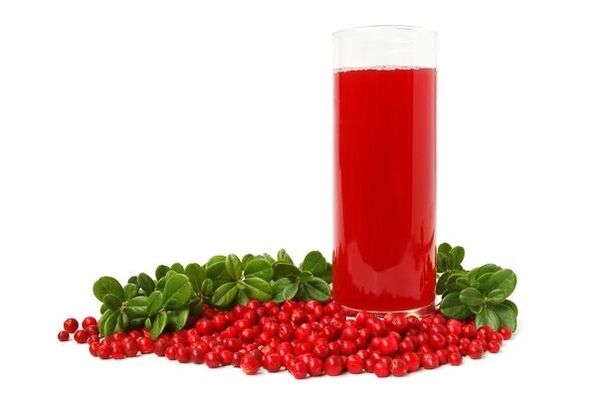Prostatitis is inflammation of the prostate in men. Without proper treatment, it can become a chronic process that periodically causes a lot of discomfort. The first question that patients worry about is which prostatitis drug should be taken.

Therapeutic drug classification
As treatment for prostatitis, both drug (tablets, injections) and non-drug (massage, physiotherapy) exposure methods are used. In outpatient practice, prostatitis is best treated with pills—which are convenient and safe.
Tablets for the treatment of prostatitis can be conditionally divided into:
- anisotropy (destroy infection);
- Pathogenicity (elimination of prostate stasis);
- Symptomatic (relief of unpleasant symptoms).
Tablets are prescribed in a course of treatment - only in this case an effective cure is possible. In each case, treatment regimens were established individually, including susceptibility to antibiotics.
Antibacterial treatment
Antibiotics are able to destroy the pathogenic bacteria that cause inflammation of the prostate tissue, in fact, antibiotics are the basis of treatment. In acute prostatitis, treatment should begin with parenteral administration - this way the drug will be delivered to the site of inflammation more quickly. After the elimination of the acute course, after 3-4 days from the start of antibiotic treatment, the doctor recommends switching to the same group of drugs in the form of tablets.
Fluoroquinolone-based tablets are most effective for prostatitis - they have a broad range of effects and affinity for prostate tissue. The effectiveness of fluoroquinolones in exacerbating chronic prostatitis has been demonstrated in several scientific studies. Their advantage over other antibacterial tablets is that fluoroquinolones are not actually addictive.
The list of antibiotics commonly prescribed for prostatitis can be supplemented with penicillin and tetracycline. The course of taking antibacterial tablets lasts at least 7-10 days, and may take longer as chronic prostatitis worsens.
Pathogens and Symptomatic Factors
One of the most unpleasant symptoms of prostatitis is difficulty urinating due to spasms of the smooth muscle fibers of the prostate and bladder. Alpha-blocker pills relax muscles, relieve spasms, and make it easier to urinate.
Alpha-blockers relieve smooth muscle spasms, thereby relieving the patient's condition.
These pills must be taken for at least 6 months. Even if relief comes earlier, the course must be completed to the end.
Since pain relievers and anti-inflammatory drugs are NSAIDs - they eliminate pain and relieve the inflammatory edema of prostatitis.
Sedatives are sometimes included in the complex treatment of prostatitis due to sexual disturbances and pain resulting in disease progression that may be accompanied by depression and poor mood. They can vary in strength, as some people need a bland herbal (valerian or motherwort tincture), while others need to drink a stronger pill.
But there is another new way to treat the prostate -- the prostatitis patch. It has become an excellent drug for prostatitis and is currently recommended to patients by almost every doctor.
Sulfa drug therapy

Concomitant use of sulfa drug therapy with cranberry juice is effective.
The drug destroys the pathogens of chronic prostatitis, such as Proteus, Escherichia coli, Staphylococcus and Streptococcus. Although tablets are inexpensive and long-lasting, bacterial resistance to them has not yet developed.
It is necessary to drink the drug for the treatment of prostatitis long-term - at least 3 weeks, the daily dose should correspond to the maximum. By the third day of treatment, the improvement was already noticeable. After the first course, it is important to pause for a month and then repeat. According to reviews, the treatment with cranberry juice at the same time would be more effective.
Sulfonamides are not suitable for all patients, and there are many limitations to their treatment:
- hematopoietic system diseases;
- Allergy to sulfonamides;
- Liver and kidney disease.
Among the side effects, vomiting, nausea and allergic reactions are more common than others. Agranulocytosis is rarely noticed.
prevention
The foundation of prostatitis prevention is a healthy lifestyle. To prevent it, the following principles are recommended:
- regular sex with a regular partner;
- Prompt treatment of urogenital infections;
- exercise, live an active lifestyle;
- Avoid hypothermia, especially in the pelvic area;
- eat well.
Prevention of chronic prostatitis exacerbations through traditional medicine includes regularly including honey, nuts, dried fruits, and pumpkin seeds in your diet, which contain many substances useful for the prostate gland. Of course, it's important to know the medications that help with prostatitis, but it's best done under the supervision of a urologist.















